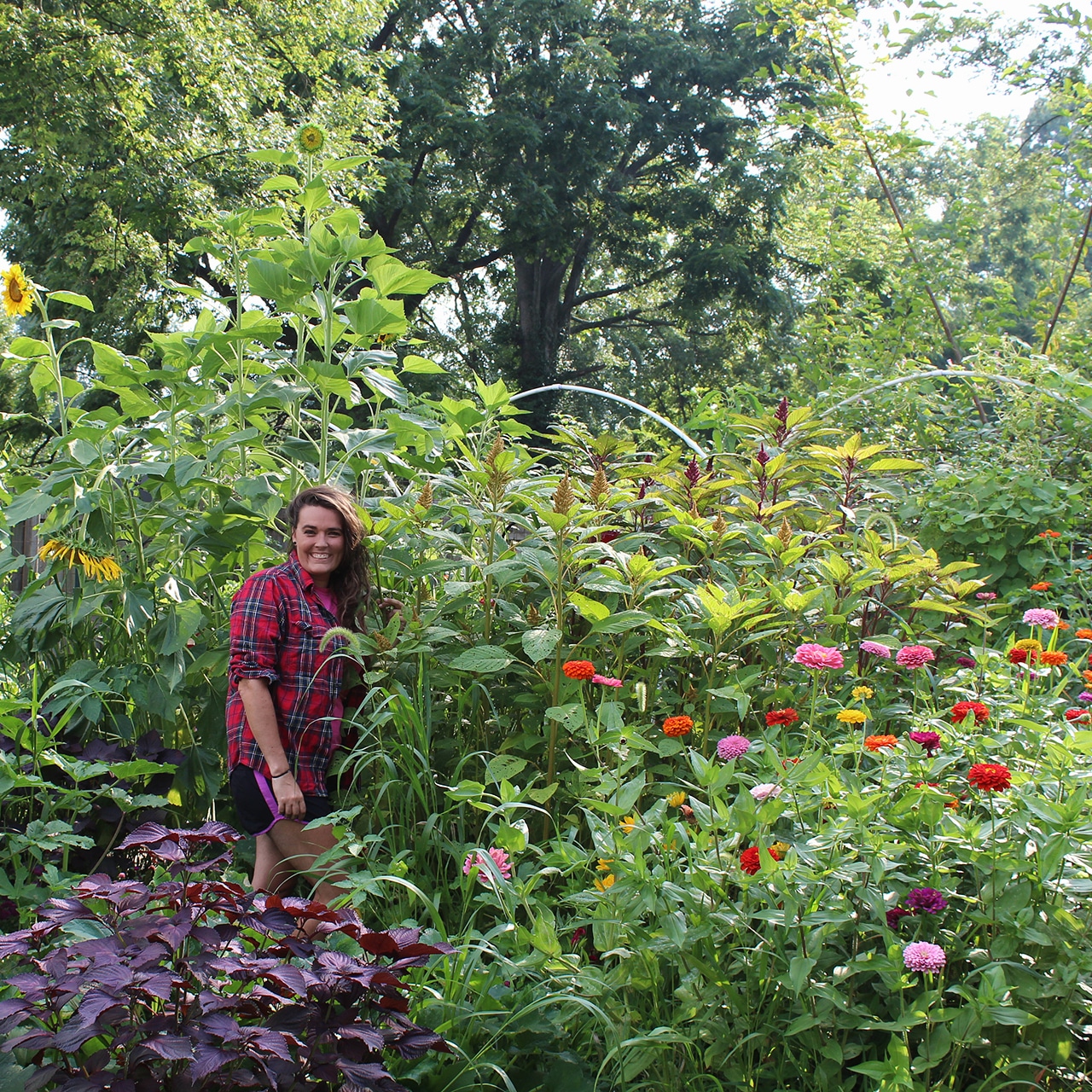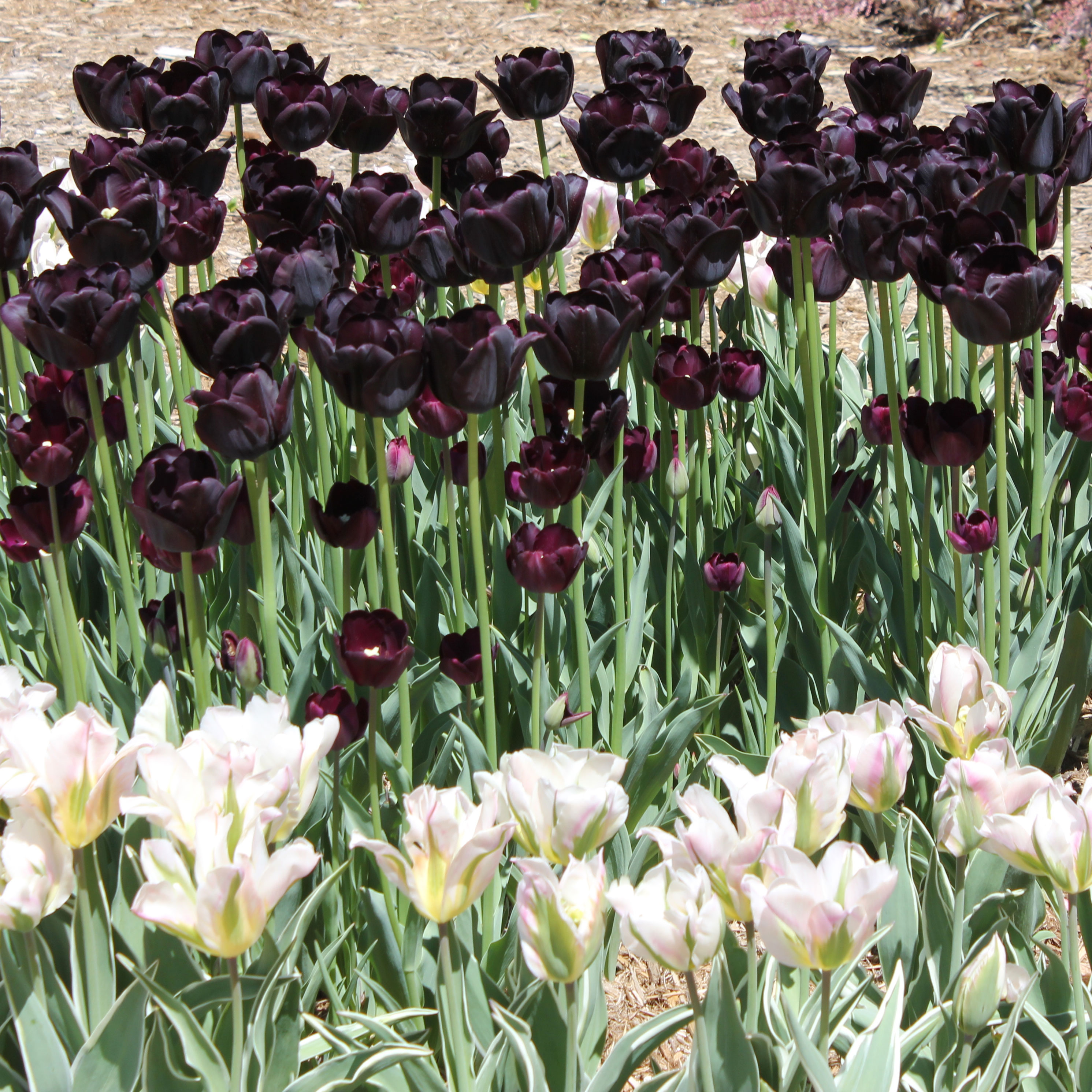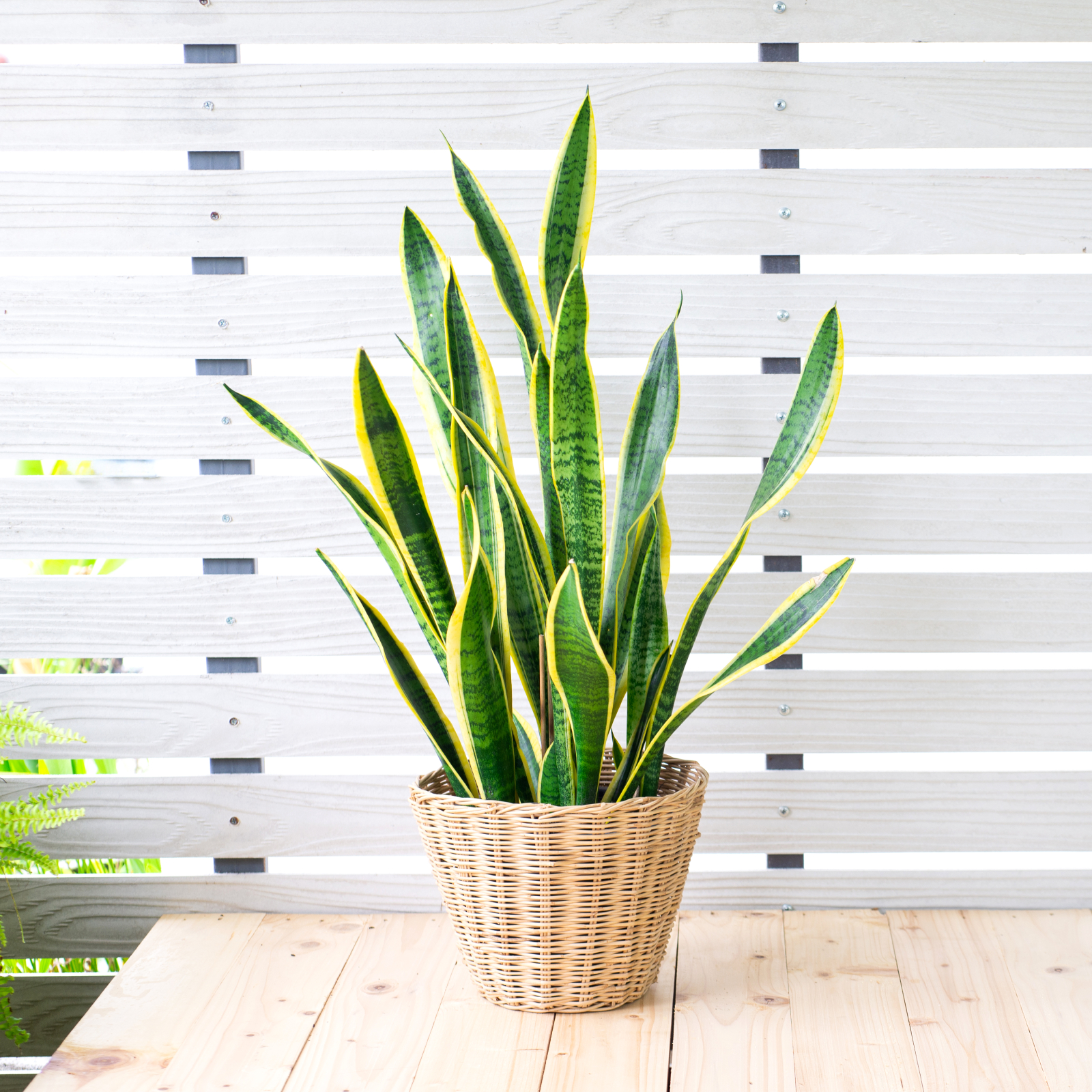Pin Nematode Treatment: How To Stop Pin Nematodes

For many home gardeners, the process of creating, cultivating, and maintaining healthy soil in the garden is one of great importance. One vital aspect of building thriving soil includes the prevention of disease and insect pressure in vegetable patches and flower beds. Organic and conventional gardeners are able to adapt to changing conditions by applying treatment as needed. However, not all problems are easily managed.
Troublesome pests like pin nematodes may be difficult to detect without prior suspicion of their presence. Awareness of pin nematode symptoms may help in determining whether or not this may be an issue in the home garden.
What are Pin Nematodes?
Pin nematodes are the smallest of all nematode types. Though it is believed that there are several species of pin nematode, they are collectively labeled as Paratylenchus spp. Miniscule in size, these plant-parasitic nematodes can exist in large numbers throughout garden soil.
Pin nematode eggs hatch, and the nematodes seek the growth tips of the plant’s roots. Most often, pin nematodes will be found near the root zone of new and established garden plantings, where they feed throughout their life cycle.
While different nematodes will seek different host plants, pin nematodes will often cause roots of plants to become stunted. This concern leads many gardeners to ask, “How does one go about controlling pin nematodes?”
How to Stop Pin Nematodes
While gardeners may initially be worried that pin nematodes may be feeding on their plants, the process of finding the damage can be difficult. In most cases, the damage done by these pests is so minimal that the only pin nematode symptoms that might be noticed is the presence of small lesions within the root system. Even these symptoms may be difficult to identify without digging up and closely examining the plant in question.
Due to their size, even large infestations show relatively little damage in regard to host plants. While some especially susceptible plants may display delayed growth or marginally smaller harvests, there are generally no recommendations for pin nematode treatment in home gardens.
Gardening tips, videos, info and more delivered right to your inbox!
Sign up for the Gardening Know How newsletter today and receive a free copy of our e-book "How to Grow Delicious Tomatoes".

Tonya Barnett has been gardening for 13 years. Flowers are her passion. She has transformed her backyard into a cut flower garden, which she regularly chronicles on her YouTube channel http://www.youtube.com/@tonyawiththeflowers.
-
 Moody Blooms For Spring: 8 Types Of Black Flowers To Add Drama To Spring Displays
Moody Blooms For Spring: 8 Types Of Black Flowers To Add Drama To Spring DisplaysFrom midnight burgundies to inky violets, several types of black flowers can enrich and embolden a spring display. Try these brooding bloomers for a moody garden
By Tonya Barnett
-
 Can Snake Plants Live Outside? Everything You Need To Know For Snake Plants Al Fresco
Can Snake Plants Live Outside? Everything You Need To Know For Snake Plants Al FrescoSnake plants can live outside given the right conditions, but be careful that they don't take over! Learn the best way to use snake plants in your landscape.
By Mary Ellen Ellis